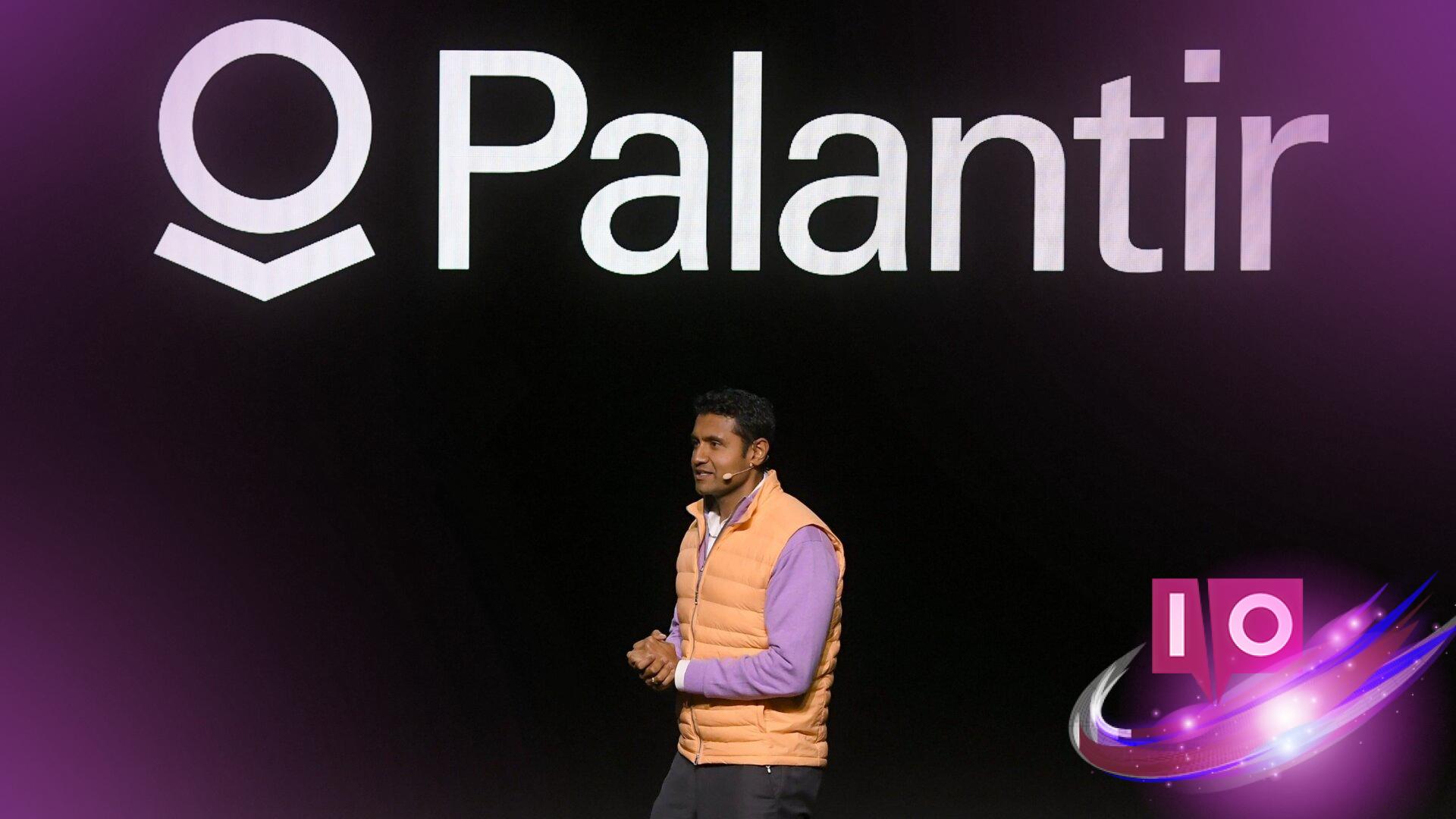In a world where artificial intelligence (AI) is rapidly advancing, the opinions of leaders in the tech industry matter significantly. One such leader, Shyam Sankar, the chief technology officer of Palantir—a major player in mass surveillance—recently expressed his skepticism about the concept of artificial general intelligence (AGI) and the narrative that AI will inevitably replace human jobs. This topic is not just a tech debate; it addresses fundamental questions about our future society.
Sankar shared his insights during a New York Times interview, where he noted, “I think the secularists in Silicon Valley are filling the God-shaped hole in their heart with A.G.I.” This thought-provoking statement invites us to reflect on the motivations driving the tech narrative.
“The doomerism of Silicon Valley is both a fundraising shtick, where the Frontier Labs can say: My technology is so powerful, it’s going to lead to mass unemployment,” Sankar added, calling into question the validity of fears surrounding AI’s potential to disrupt labor markets.
The Promise and Perils of AGI
AGI is sometimes referred to as superintelligence, an advanced form of AI expected to surpass human intelligence across nearly all dimensions. Many companies, including Meta, have invested billions in the quest for AGI. While some experts warn of the dangers associated with achieving AGI, others argue that it may never be attainable.
AI and the Labor Market
The impact of AI on our job market is already evident, even without reaching the AGI stage. CEOs across various industries openly discuss their ambitions to replace human workers with AI to maximize profits. Recently, Amazon announced cuts of 14,000 corporate jobs, indicating that AI’s transformative potential is being leveraged to reshape business models. Furthermore, a Stanford study indicated that AI might be disproportionately impacting the job market for young graduates.
The Reality of AI Adoption
Despite the prevailing fears, some experts like New York University’s Robert Seamans argue that AI adoption rates in the corporate sector are still relatively low. This raises a crucial point: are layoffs truly a result of AI advancements, or are they more reflective of broader economic uncertainties?
The Narrative: Fear or Reality?
Author Cory Doctorow argues that the narrative of AI threatening jobs serves as a psychological tool for employers, inducing fear among workers about potential job displacement. This tactic can help keep employees in line, promoting a culture of unease.
To back this up, an MIT study from August revealed that many corporate AI initiatives struggle to deliver significant revenue gains, highlighting the dissonance between fear and real-world outcomes.
Moral Implications Amidst Controversy
Despite his skepticism regarding the AGI narrative, Sankar’s views might be self-serving. During the interview, New York Times columnist Ross Douthat noted, “It’s in your interest to convince yourself that the moral stakes of your work are always somewhat constrained.” Palantir’s ethical stance has faced scrutiny, especially given its role as a defense contractor and a provider of surveillance technology.
Palantir openly claims its mission to create technologies for the greater good, yet its partnerships raise ethical questions. The company has notably worked on projects that enhance surveillance capabilities for organizations like ICE, with a recent $30 million agreement to develop a platform supporting mass deportation efforts.
International Partnerships and Controversies
Sankar maintains that Palantir collaborates only with trustworthy governments to ensure legal utilization of their technologies. However, their ongoing strategic partnership with the Israeli military raises eyebrows, especially considering recent reports from Amnesty International that indicate their technology may be implicated in human rights violations. The complexity of these relationships invites deeper reflection on ethical technology usage in international contexts.
Questions About AI and the Future
How does AI impact the workforce today? AI is already changing job dynamics; many organizations are exploring AI to improve efficiency and reduce costs, even as they opt for reductions in human labor.
Will robots really take over our jobs in the near future? While fears about mass automation are prevalent, many experts believe that while AI will change job functions, it is unlikely to replace all jobs entirely.
What are the ethical implications of AI surveillance? The use of AI in surveillance raises critical questions about privacy, human rights, and how such technologies are used by governments and corporations.
Can AI improve productivity without causing job losses? Absolutely, AI can enhance productivity by automating routine tasks, leaving humans to focus on higher-level creative and strategic functions.
In conclusion, while the discourse around AI and labor is fraught with tension, we have a responsibility to critically evaluate the narratives out there. Continued exploration of this topic is vital. To dive deeper, visit Moyens I/O at https://www.moyens.net.
